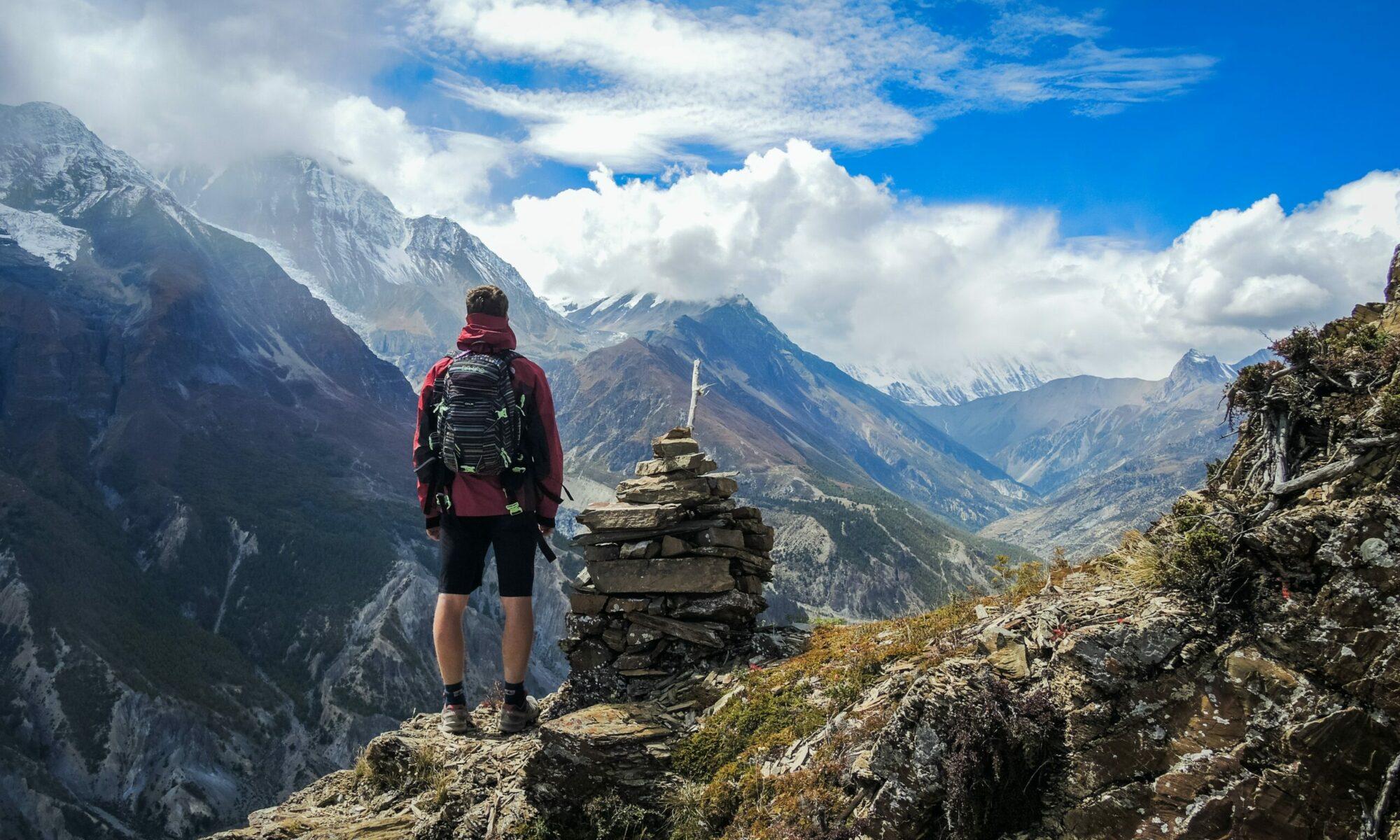Solo travel in Europe is a journey filled with opportunities for growth, challenges, and unforgettable experiences. Navigating foreign cities alone tests resourcefulness, emotional resilience, and cultural adaptability. This article explores key lessons learned from a week of solo exploration across Germany and Austria, shedding light on essential travel safety, efficient transport use, accommodation choices, and mental well-being strategies. These insights provide a valuable guide for anyone considering embarking on their own European solo adventure.
Prioritize Safety in Solo Travel Across European Destinations
Ensuring personal safety remains paramount while traveling alone, especially in unfamiliar cities. Research into the safest locations underscores the importance of choosing destinations with low crime rates and strong community safety initiatives. Germany and Austria, both featured in a 2025 study by Global Citizens Solutions on the safest countries for solo female travelers, exemplify environments conducive to secure solo journeys.
Insights into accommodation strategies emphasize the benefit of staying centrally to maintain easy, safe access to urban hubs after dark. For example, selecting an Airbnb in Vienna’s city center facilitates late-evening strolls without compromising security.
- Research crime rates and local safety measures before booking accommodations.
- Opt for neighborhoods with high visibility and frequent foot traffic after sunset.
- Use apps like TravelSafe for real-time safety alerts specific to travel destinations.
- Register with embassy or consular services in case of emergencies.
| Country | Safety Ranking (2025 Study) | Notable Cities | Tips for Solo Travelers |
|---|---|---|---|
| Germany | Top 10 | Berlin, Munich, Neustrelitz | Utilize public transit; select centrally located lodgings |
| Austria | Top 10 | Vienna, Salzburg | Stay in city centers; explore neighborhoods on foot |
Reliable Public Transit as a Key Skill for Navigating Solo
Mastering local public transportation is a game-changer for solo backpackers, especially when language barriers abound. Familiarity with systems like Berlin’s U-Bahn and Vienna’s trams not only enhances mobility but also deepens cultural immersion. Passengers develop a sense of competence and independence, transforming initial travel anxieties into confident exploration.
- Download city transit apps to plan journeys and purchase tickets seamlessly.
- Consult guides from experts like Rick Steves and resources from Lonely Planet for transit navigation tips.
- Use Eurail passes for flexible rail travel between multiple European countries.
- Observe local commuters to better understand etiquette and route planning.
| City | Primary Transport Modes | Useful Apps | Travel Insight |
|---|---|---|---|
| Berlin | Subway, Bus, Tram | BVG Fahrinfo, Google Maps | Clear signage aids easy navigation despite language differences |
| Vienna | Tram, Subway, Bus | WienMobil, Citymapper | Late-night transit options ensure safe return from urban excursions |
Choosing Accommodation to Maximize Solo Travel Experience
Staying near city centers can vastly improve the solo traveler’s ability to explore extensively without spending excessive time commuting. Airbnbs and boutique hostels close to local attractions enable longer days and richer experiences. In contrast, lodgings in more remote towns may offer quaint charm but often result in truncated outings due to travel time constraints.
- Book accommodations early on platforms like Airbnb and Hostelworld for central locations.
- Balance between comfort and budget, considering potential commute times.
- Investigate local neighborhoods to find authentic dining and cultural experiences nearby.
- Consider safety ratings and traveler reviews before finalizing bookings.
| Accommodation Type | Location | Pros | Cons |
|---|---|---|---|
| City center Airbnb | Heart of Vienna | Proximity to attractions, nightlife; ease of navigation | Higher cost; possible noise |
| Hotel in small town | Neustrelitz near Berlin | Peaceful setting; unique local charm | Long commute, limited evening activities |
Mental and Physical Well-being: Keys to Enjoying Solo Travel
Maintaining physical health and nurturing positive mindsets can determine the quality of a solo trip. Challenges such as fatigue, dehydration, and loneliness frequently arise. Being proactive by scheduling rest, hydrating sufficiently, and practicing mindfulness helps travelers sustain energy and enthusiasm. Small victories, like successfully navigating a complex transit route or finding a favorite local café, contribute to a rewarding experience.
- Prioritize sleep and hydration to maintain energy levels.
- Celebrate small wins to boost morale and confidence.
- Use technology such as a GoPro to document journeys and relive positive memories.
- Maintain scheduled contact with loved ones across different time zones to combat loneliness.
| Well-being Aspect | Practical Tip | Expected Outcome |
|---|---|---|
| Sleep Hygiene | Book accommodations that support restful sleep; avoid overscheduling | Improved mood and cognitive function |
| Hydration | Carry a refillable water bottle; drink regularly | Reduced fatigue and enhanced focus |
| Positive Mindset | Practice mindfulness; focus on accomplishments rather than setbacks | Greater resilience and trip satisfaction |
Effective Communication Strategies for Language Barriers
Interacting with locals without a common language can initially feel daunting. However, simple gestures, genuine smiles, and body language serve as universal communicators bridging these gaps. Travelers find that a positive attitude encourages assistance from local residents and enriches cultural exchanges.
- Use translation apps sparingly; rely more on nonverbal cues.
- Combine basic phrases from guidebooks such as Lonely Planet with expressive gestures.
- Smile to invite friendliness and cooperation.
- Observe and mimic local manners and social norms to foster goodwill.
| Communication Challenge | Strategy | Result |
|---|---|---|
| Requesting directions | Smile + point at maps or landmarks | Clear guidance and helpful responses |
| Purchasing tickets or food | Use simple words + gestures | Successful transactions despite language gaps |
For further expert advice on navigating solo travel challenges, consult comprehensive guides by Nomadic Matt and Rick Steves that offer practical recommendations and personal anecdotes empowering solo adventurers.
Strategies to Manage Loneliness During Solo Travel
Loneliness is a common emotional hurdle encountered in solo journeys, amplified when separated by time zones from friends and family. To counteract isolation, intentional communication scheduling proves crucial. Connecting during overlapping free hours, even briefly, provides emotional grounding.
- Arrange regular video calls aligned with travelers’ and loved ones’ time zones.
- Engage in local social activities through backpackers’ hostels or group tours.
- Join online travel communities to share experiences and gather advice.
- Keep a travel journal to process feelings and celebrate daily achievements.
These practices make solo travel emotionally sustainable and enhance overall experience quality.
Frequently Asked Questions About Solo Travel in Europe
- What is the best way to ensure safety while traveling alone?
Research destinations ahead, stay in central accommodations, remain aware of surroundings, and use apps like TravelSafe. - How can solo travelers navigate public transit effectively?
Use city-specific apps and guides from Rick Steves or Lonely Planet. Observing locals and purchasing Eurail passes can ease travel across multiple countries. - What accommodations are recommended for solo travelers?
Central Airbnbs and reputable hostels, bookable via Airbnb and Hostelworld, offer optimal access to attractions and social opportunities. - How to handle language barriers during solo travel?
A combination of smiles, gestures, and basic phrases supported by translator apps facilitates successful communication. - What strategies help manage loneliness on solo trips?
Scheduling calls with loved ones during compatible hours and participating in local group activities aid emotional well-being.


